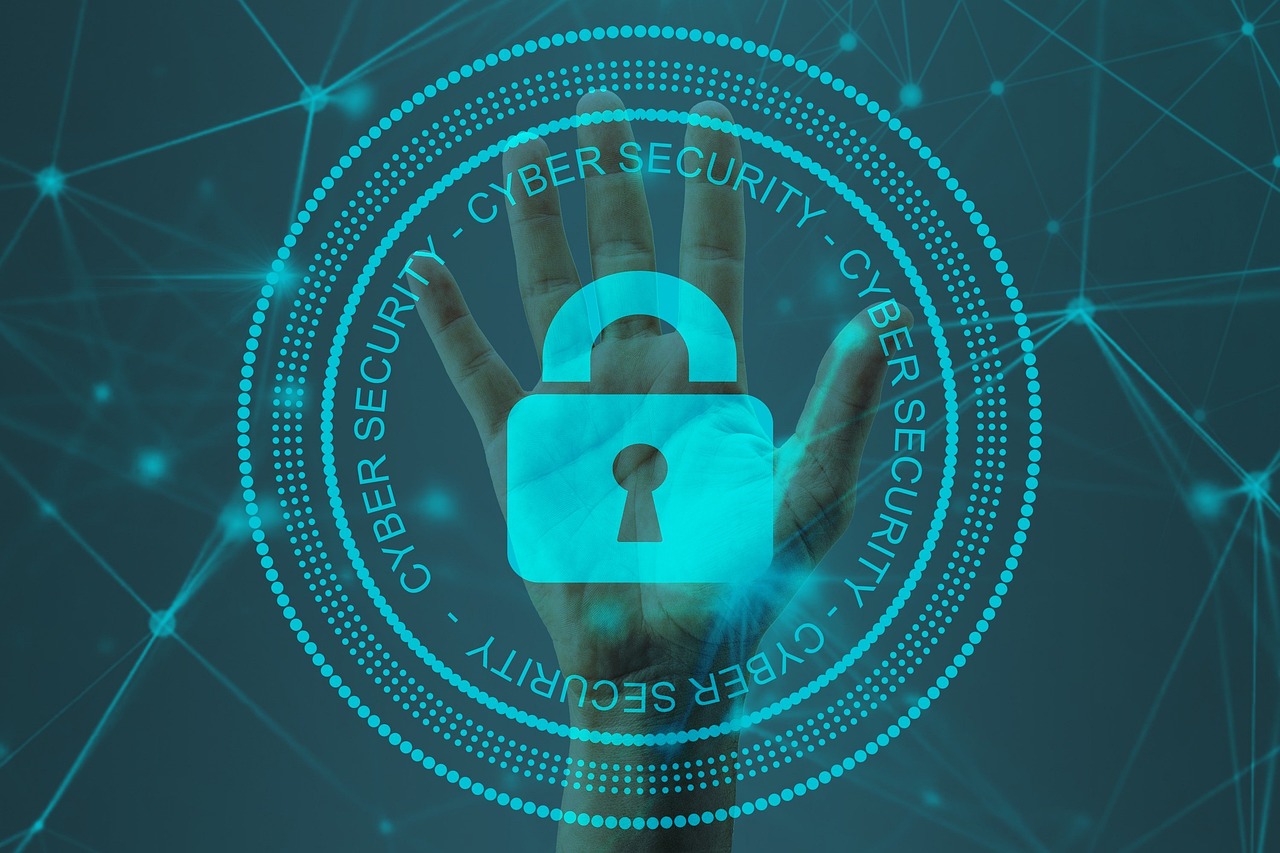Cybercrime in Nigeria is evolving.
From phishing scams to ransomware attacks, the digital threats targeting
Nigerian individuals, businesses, and institutions are becoming more frequent
and sophisticated.
In response, the demand for skilled
cybersecurity professionals is growing at an unprecedented rate. According to
the Nigeria Data Protection Commission (NDPC) and NITDA, cybersecurity is now a
top priority, with local organizations investing more in digital protection.
But if you're looking to break into
this field—or transition from another IT role—where should you start? A recent
infographic making waves online breaks down three of the most in-demand roles
in cybersecurity: Cybersecurity Analyst, Ethical Hacker, and Security Engineer.
Let’s go beyond the surface and
explore what each of these roles truly entails, what skills and tools you’ll
need, and how to choose the right career path in the Nigerian tech landscape.
Cybersecurity Analyst: The Watchdog of the Network
What They Do:
A cybersecurity analyst is the first
line of defence. They are the people constantly monitoring systems, networks,
and applications to detect anomalies, suspicious activity, or confirmed
threats. In Nigeria, analysts are especially crucial in sectors like banking,
telecom, fintech, and government institutions.
Key Tools:
- SIEM (Security Information and Event Management): Tools
like Splunk or IBM QRadar aggregate and analyse logs to detect threats.
- Firewalls: Analysts configure and monitor
firewall rules to block unauthorized access and malicious traffic.
Day-to-Day Activities:
- Analyse logs for unusual behaviour
- Monitor real-time alerts and dashboards
- Patch vulnerabilities and update security
protocols
- Respond to incidents and escalate critical issues
Why It’s Great:
This role is ideal for beginners. It
helps you understand how networks behave under normal conditions—and what
suspicious activity looks like.
Ethical Hacker: Nigeria's Legal Hackers
What They Do:
Also known as penetration testers,
ethical hackers simulate cyberattacks on systems to find and fix security
vulnerabilities—before real hackers exploit them. In Nigeria, ethical hackers
are in high demand within financial institutions, cybersecurity consulting
firms, and telecom companies.
Key Tools:
- Kali Linux: A Linux distribution
loaded with hundreds of hacking tools.
- Burp Suite: A powerful web
vulnerability scanner.
Day-to-Day Activities:
- Run vulnerability scans and perform manual
testing
- Exploit weaknesses in systems ethically to test
security
- Report findings with risk assessments and
recommendations
- Stay current with the latest exploits and patches
Why It’s Great:
If you're curious, love puzzles, and
enjoy breaking things (to fix them), this role is perfect. You’ll always be
learning and testing new skills.
Security Engineer: The Architect of Cyber Defences
What They Do:
Security engineers go beyond
detection and response—they design and build secure systems from the ground up.
In Nigerian enterprises undergoing digital transformation, these professionals
ensure that all layers of IT infrastructure are hardened against attacks.
Key Tools:
- IDS/IPS (Intrusion Detection/Prevention Systems): Tools
that monitor traffic for malicious activity.
- Security Architecture:
Designing frameworks that secure endpoints, servers, and cloud services.
Day-to-Day Activities:
- Design and implement security policies
- Develop secure coding standards for development
teams
- Manage encryption, identity access management,
and VPNs
- Evaluate new tools and technologies for system
hardening
Why It’s Great:
If you enjoy building things,
thinking strategically, and working across departments, this role offers
long-term impact and leadership potential.
Nigeria’s Cybersecurity Ecosystem: Where You Fit In
As digital infrastructure expands in
Nigeria—think eNaira, cashless banking, digital IDs, and mobile fintech—so too
does the need for layered cybersecurity.
Here’s how these roles fit within
Nigerian businesses:
- Banks & Fintechs lean on
cybersecurity analysts for 24/7 threat monitoring.
- Tech startups hire ethical hackers to
secure their mobile and web apps.
- Large enterprises need
security engineers to design scalable and compliant security solutions.
Furthermore, Nigeria’s push to comply
with data protection frameworks (like NDPR) means skilled cybersecurity
professionals are now a legal necessity—not just an operational luxury.
Choosing the Right Path: Where Do You Belong?
- Are you detail-oriented and thrive on vigilance?
→ Start as a Cybersecurity Analyst
- Do you love challenges and breaking barriers? → Train
to become an Ethical Hacker
- Prefer strategic thinking and long-term impact? →
Pursue a Security Engineer role
No matter which path you choose,
there are entry points and growth opportunities. Certifications like Security+,
CEH, OSCP, and CISSP can boost your credibility and salary
potential.
How to Get Started in Nigeria
1. Learn the Basics: Platforms like Cybrary, TryHackMe, or Coursera
offer excellent beginner courses.
2. Get Certified: Begin with foundational certs, then specialize.
3. Build a Lab: Use VirtualBox, Kali Linux, and practice tools at
home.
4. Network Locally: Join Nigerian cybersecurity communities, attend
CSEAN events, and follow local influencers on LinkedIn.
5. Apply for Internships or Entry Roles: Companies like MainOne,
Interswitch, and NITDA often seek talent.
Final Thoughts
Cybersecurity is not just a tech
career—it’s a mission to protect the digital future of Nigeria. Whether you’re analysing
threats, ethically hacking to strengthen systems, or designing security from
scratch, there’s a rewarding path for you.
The best part? You don’t need to have
all the answers today. Choose your starting point, stay curious, and grow. The
country needs more digital defenders—and that could be you.
Disclaimer:
This article is for educational purposes only and does not constitute
professional career advice. Certification paths and job roles may vary by
organization. Always do your own research or speak to a certified cybersecurity
mentor before making decisions.












0 Comments